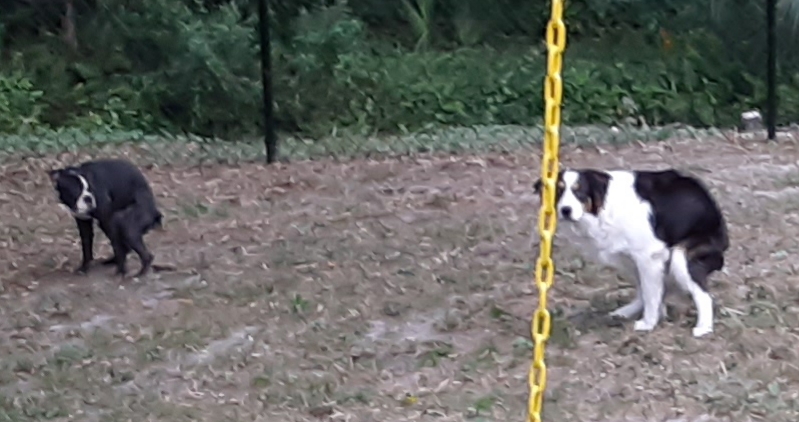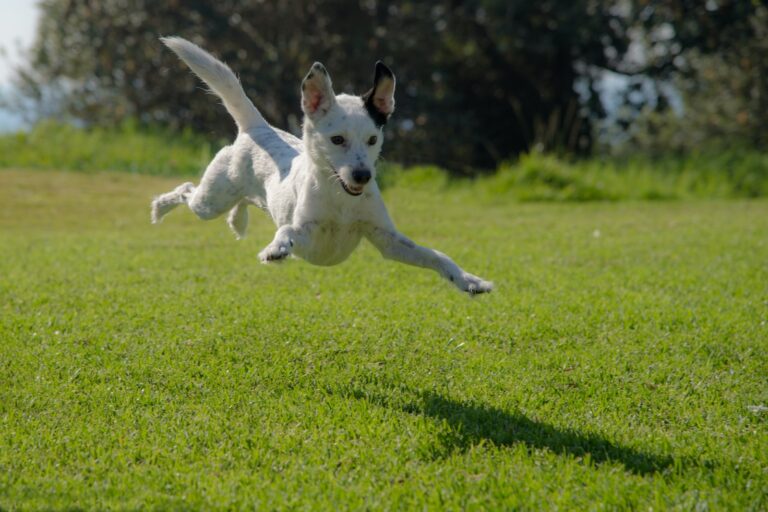Debunking the Dog Poop Myth: Is Picking It Up Really Necessary?
The question of whether picking up dog poop is a necessary practice has sparked debate among pet owners and environmental enthusiasts alike. Advocates for leaving it be often posit that, like other organic matter, it should naturally decompose and, in fact, offer benefits to the soil. This perspective contends that dog waste, in its own way, might be a form of fertilizer. However, as with many ecological matters, the reality is far more nuanced. In this article, we embark on a journey through the scientific intricacies of this belief, aiming to shed light on the actual impact of dog waste on the environment.
By distinguishing fact from fiction, we hope to provide a comprehensive understanding of the best practices for managing this common pet-related concern.
The Myth: Dog Waste as Fertilizer
While the notion of using dog feces as a natural fertilizer might seem appealing, it’s essential to dissect the science behind this belief. It’s indeed accurate to state that fecal matter, whether from dogs or other animals, contains organic elements that can, under specific circumstances, enhance soil fertility. However, it’s imperative to recognize that not all feces are created equal. Here lies a critical distinction: the waste produced by herbivores like cows or horses predominantly comprises plant matter. This natural composition makes their excrement a rich source of organic material that is conducive to soil health.

On the other hand, dogs, classified as carnivores, possess dietary habits that sharply contrast with their herbivorous counterparts. Their nutrition largely centers on animal proteins, and many domesticated dogs consume processed foods. Consequently, the composition of their waste differs significantly. Dog feces may contain higher concentrations of pathogens, parasites, and potentially harmful bacteria. This distinctive makeup raises concerns about the suitability of dog waste as a fertilizer, as it introduces elements that may not only fail to benefit the soil but also pose potential risks to the environment and public health. It is this critical difference in dietary habits that underscores the need for a discerning approach to dog waste management.
The Reality: Environmental Risks
The repercussions of neglecting dog waste management stretch far beyond the confines of one’s backyard. When left unattended, it becomes a potential hazard with far-reaching environmental consequences. One of the primary concerns lies in the interaction between rainwater and the accumulated feces. As rainwater washes over the waste, it carries with it a cocktail of harmful bacteria and pathogens. This runoff, if not intercepted, finds its way into nearby water sources, which can range from small streams to larger bodies of water. The implications of this contamination are profound. Aquatic ecosystems, delicately balanced and home to a diverse array of species, are put at risk. The introduction of foreign pathogens disrupts this equilibrium, potentially leading to detrimental consequences for the flora and fauna that call these ecosystems home.
Yet, the environmental impact doesn’t end there. The composition of dog waste, with its elevated nitrogen content, poses a further threat. When introduced in excessive amounts to soil and water systems, it can lead to significant imbalances. This excess of nitrogen, a nutrient crucial for plant growth, may seem beneficial at first glance. However, in concentrated quantities, it can overwhelm the natural processes that regulate nutrient cycles. This disturbance reverberates through the ecosystem, affecting not only plants but also aquatic life. Such disruptions can lead to the proliferation of algae blooms, oxygen depletion, and subsequent harm to fish and other aquatic organisms. In essence, the seemingly benign act of leaving dog waste unattended can set in motion a chain of events that jeopardize the delicate equilibrium of both terrestrial and aquatic environments. It underscores the importance of responsible waste management for the preservation of our ecosystems and the protection of public health.
Health Concerns: Zoonotic Diseases
The potential health risks associated with untreated dog feces are a matter of critical concern. Within these fecal deposits, a range of zoonotic diseases—illnesses that can be transmitted from animals to humans—can find a breeding ground. Among the most prevalent culprits are roundworms, giardia, and the notorious E. coli bacteria. These pathogens have the potential to cause serious health issues if they come into contact with humans. Roundworm infestations, for instance, can lead to a condition known as visceral larva migrans, where the larvae migrate through body tissues, causing inflammation and organ damage. Giardia, a parasitic infection, manifests with symptoms like diarrhea and abdominal cramping. Meanwhile, E. coli infections can result in a range of symptoms, from mild discomfort to severe gastrointestinal distress.
The risk escalates when dog waste accumulates in public spaces or frequented backyard areas. These environments, often shared by both dogs and humans, become hotbeds for potential transmission. Without proper waste management, the pathogens within the feces can persist in the environment, increasing the likelihood of exposure. This becomes particularly concerning when considering places like parks, where families, children, and pets converge. It’s imperative to grasp the potential health hazards at play and take responsible measures to mitigate these risks. By promptly and properly disposing of dog waste, we safeguard not only our own health but also the well-being of the wider community.
Municipal Regulations and Responsible Pet Ownership
Many municipalities have regulations in place that require pet owners to pick up after their dogs in public areas. These rules are designed to protect public health and the environment. Responsible pet ownership includes proper waste management practices, which involve picking up after your dog and disposing of the waste in a sanitary manner.
Balancing Responsible Pet Ownership with Environmental Stewardship: Sustainable Dog Waste Cleanup Practices
It’s important to acknowledge the environmental implications of using plastic bags for dog waste. These bags, if not handled responsibly, can contribute to pollution and environmental harm. However, there are viable alternatives and conscientious practices that can help address this concern. Opting for biodegradable or compostable dog waste bags made from eco-friendly materials like cornstarch provides a more sustainable option. Additionally, considering reusable scoopers crafted from durable materials like metal or sturdy plastic eliminates the need for disposable bags altogether. For those exploring even more environmentally-conscious options, flushable dog waste bags are available, but it’s crucial to ensure they align with local wastewater treatment capabilities. Regardless of the choice of bag, proper disposal in designated waste bins is imperative to prevent environmental contamination. Moreover, adopting a broader approach to reducing plastic consumption in other aspects of daily life, such as utilizing reusable shopping bags, bottles, and containers, can help offset the use of plastic bags for dog waste. By implementing these strategies, pet owners can strike a balance between responsible waste management and minimizing their environmental footprint, ultimately contributing to a more sustainable approach to dog waste cleanup.
So, what did we learn
Well, next time your four-legged friend decides to leave a little “present,” don’t fret about bending over to pick it up. Trust us, your dog won’t be critiquing your form! While it’s tempting to think of it as a natural fertilizer, let’s face it – your backyard isn’t exactly a budding vineyard. The reality is, the environmental and health risks posed by unattended dog waste far outweigh any gardening aspirations. So, embrace your inner superhero, don that cape (or just grab a poop bag), and be the responsible pet owner your community deserves. Your neighbors, local ecosystems, and your shoes will thank you! After all, keeping the environment clean and safe for everyone is a team effort, and it starts with a simple scoop.
,






